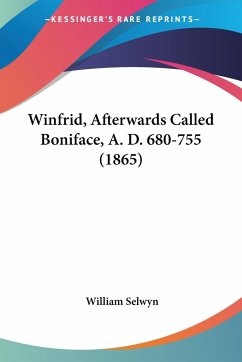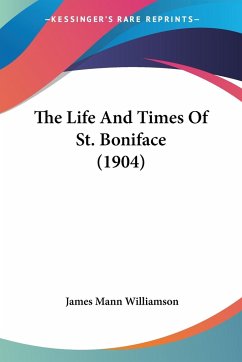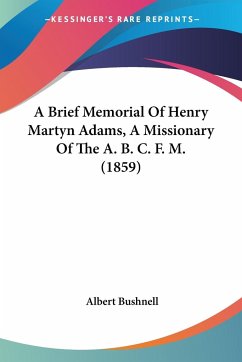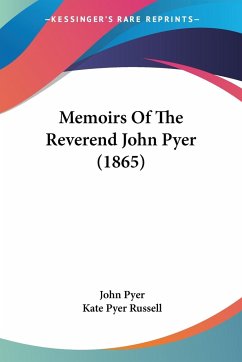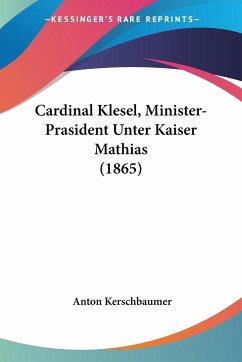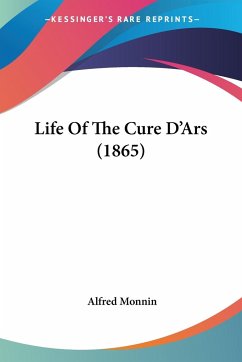""Winfrid, Afterwards Called Boniface, A. D. 680-755"" is a book written by William Selwyn in 1865. The book is a biography of the life of Winfrid, a medieval English missionary who later became known as Saint Boniface. The book covers Winfrid's early life, his education, and his decision to become a missionary. It also details his travels throughout Europe, his efforts to convert the pagans, and his eventual martyrdom. The book provides a detailed account of the social and political context of the time, and how it influenced Winfrid's actions. Selwyn's work is considered a valuable resource for scholars of medieval history and religious studies.This scarce antiquarian book is a facsimile reprint of the old original and may contain some imperfections such as library marks and notations. Because we believe this work is culturally important, we have made it available as part of our commitment for protecting, preserving, and promoting the world's literature in affordable, high quality, modern editions, that are true to their original work.
Hinweis: Dieser Artikel kann nur an eine deutsche Lieferadresse ausgeliefert werden.
Hinweis: Dieser Artikel kann nur an eine deutsche Lieferadresse ausgeliefert werden.

